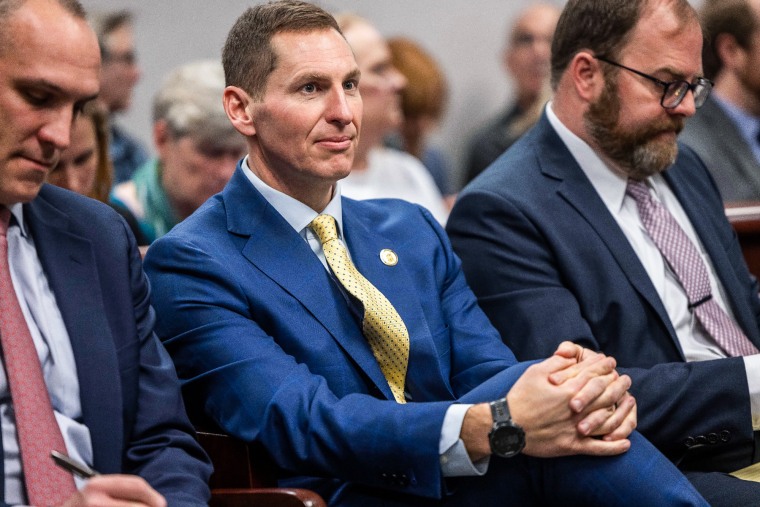Understanding the 2024 North Carolina Supreme Court Election: Key Rulings and Impacts

The 2024 North Carolina Supreme Court election has drawn national attention. Tight margins, legal battles, and an unprecedented federal court ruling put this judicial race at the forefront of discussions about voting rights and democracy in the United States. Let's break down the key events and what they mean for North Carolina and beyond.
Why the North Carolina Supreme Court Election Mattered
This election was not only about filling a seat on the state’s highest court. The outcome could shift the court's ideological balance for years. Over 5.5 million ballots were cast—making it one of the most closely watched contests in the country. The result had the power to influence major legal decisions and shape policy across North Carolina.
Disputed Ballots and Legal Showdown
After all votes were counted, Democrat Allison Riggs led GOP challenger Jefferson Griffin by only 734 votes. Yet, the process didn’t end there. Griffin's team filed formal protests, arguing that thousands of ballots should be disqualified due to alleged irregularities and issues with identification. The cases wound up in both state and federal courts, raising critical questions of due process and equal protection.
A key factor was the attempt to exclude ballots from certain overseas and military voters. State law and prior rules allowed these voters to cast their ballots under specific conditions. When state courts considered removing their votes after Election Day, many saw this as a threat to voting rights. You can read a detailed ruling summary at NBC News, which explains how U.S. District Judge Richard Myers intervened.
The Federal Judge's Decision
Judge Myers, nominated by President Donald Trump, issued a 68-page decision requiring the North Carolina State Board of Elections to certify the results as counted—upholding the will of voters. He emphasized that changing voting rules after the election would violate due process and would erode trust in the entire election system. As Myers put it, "You establish the rules before the game; you don’t change them after the game is done."
Griffin’s legal arguments centered on ensuring the legality of every vote, but Democratic leaders and voting rights advocates warned against setting a precedent that could allow losing sides to selectively target certain ballots after the fact. For more information about the federal judge’s order, Fox News provides additional reporting.
The Implications for Future Elections
This high-profile contest is about more than just one Supreme Court seat. The resolution of the 2024 north carolina supreme court election sets an important example for how close elections should be handled. It reinforces that election laws and procedures must be clear before voting begins—and that courts should protect the rights of all valid voters, including those serving abroad or living elsewhere.
Allison Riggs’ win strengthens the Democratic position on North Carolina’s highest court. Looking forward, both parties will likely focus on voter access, ballot security, and transparency in upcoming judicial and statewide races.
Conclusion: Protecting the Rule of Law
The north carolina supreme court election serves as a powerful reminder of the delicate balance between security and access in elections. The intervention by the federal judiciary has underlined the importance of upholding established rules and protecting every valid ballot. As debates over voting laws continue nationwide, North Carolina's contest will be referenced as a critical moment for election integrity.
Voters can stay engaged and informed to ensure future elections are fair and transparent. The lessons from this race may shape policy and public trust for years to come.